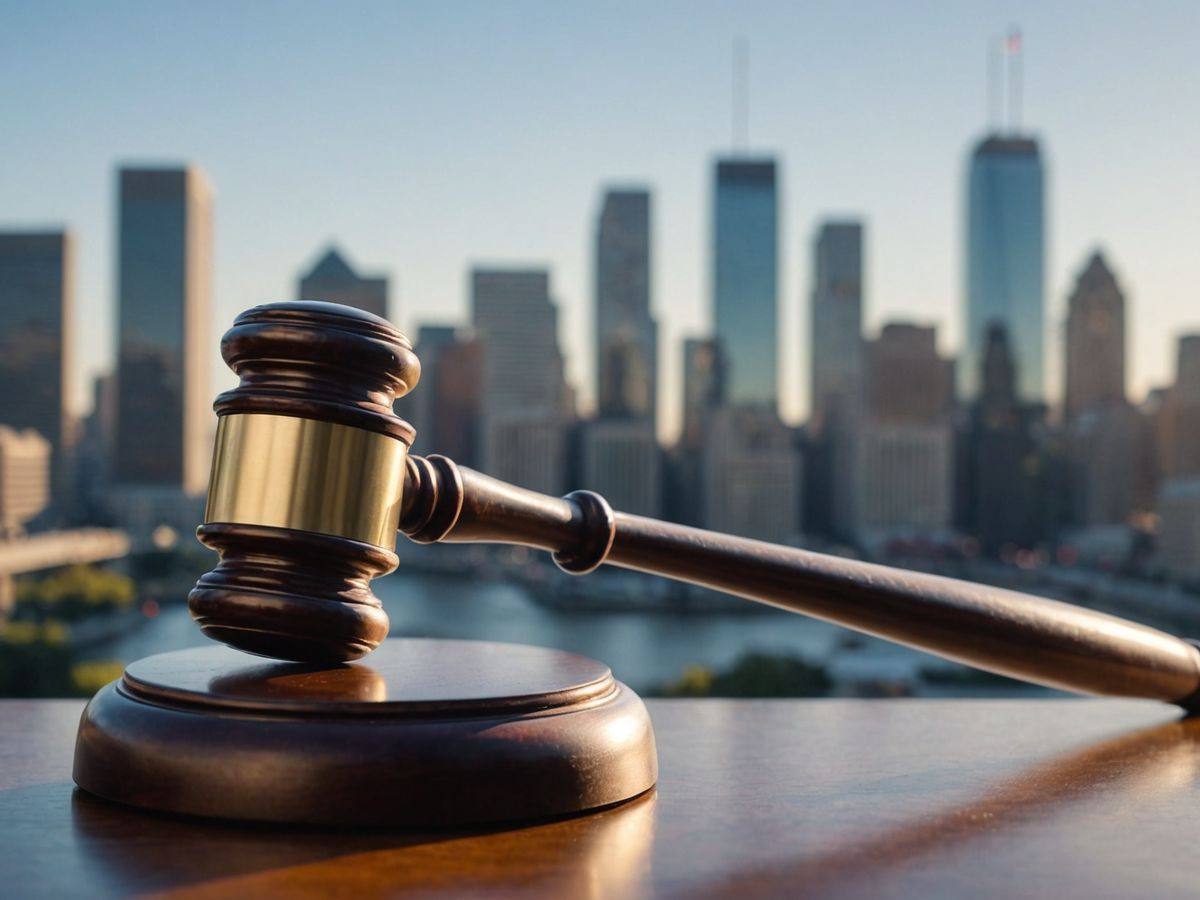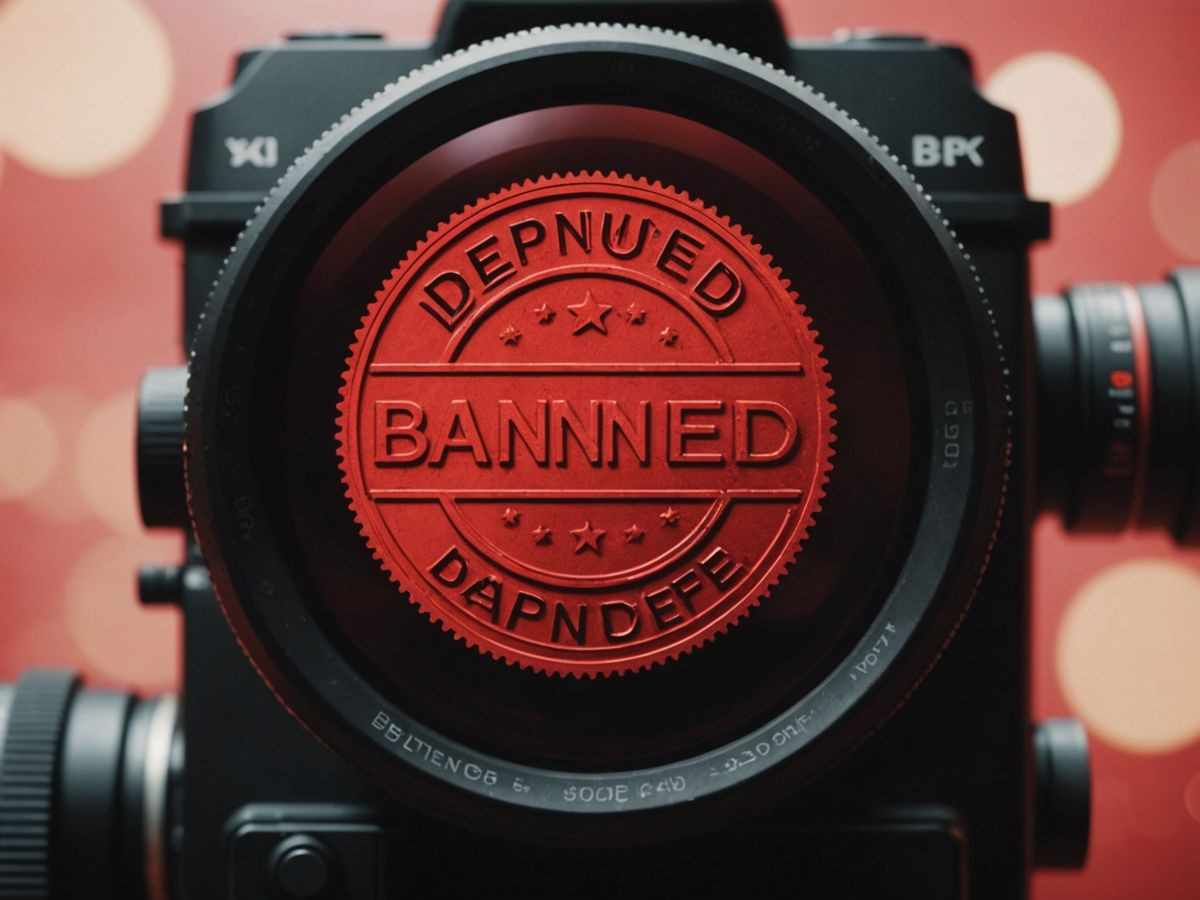
San Francisco has taken a groundbreaking step by filing a lawsuit against the operators of 16 websites accused of creating and distributing nonconsensual, AI-generated pornography, commonly known as 'deepfake' pornography. This legal action marks a significant move in the fight against the misuse of artificial intelligence in creating explicit content without consent.
Key Takeaways
- San Francisco city attorney has filed a lawsuit against 16 websites.
- The websites are accused of creating and distributing nonconsensual, AI-generated pornography.
- This type of content is commonly referred to as 'deepfake' pornography or 'deepnudes.'
The Lawsuit
On Thursday, the San Francisco city attorney announced a lawsuit targeting the operators of 16 websites. These websites are alleged to be involved in the creation and distribution of nonconsensual, AI-generated explicit content. The lawsuit aims to hold these operators accountable for the harm caused by their actions.
What Are 'Deepfakes'?
' Deepfakes' refer to synthetic media in which a person in an existing image or video is replaced with someone else's likeness. These are created using artificial intelligence and machine learning techniques. While deepfakes can be used for various purposes, their use in creating nonconsensual explicit content has raised significant ethical and legal concerns.
Legal and Ethical Implications
The creation and distribution of deepfake pornography pose serious ethical and legal challenges. Victims often suffer from emotional distress, reputational damage, and privacy violations. The lawsuit by San Francisco aims to address these issues by seeking legal remedies against the perpetrators.
The Role of AI in Deepfake Creation
Artificial intelligence plays a crucial role in the creation of deepfakes. Advanced algorithms can generate highly realistic images and videos, making it difficult to distinguish between real and fake content. This technological capability has been exploited to create explicit content without the consent of the individuals involved.
Moving Forward
The lawsuit filed by San Francisco is a significant step towards combating the misuse of AI in creating nonconsensual explicit content. It highlights the need for stricter regulations and legal frameworks to address the challenges posed by deepfake technology. As the case progresses, it will likely set a precedent for future legal actions against similar offenses.
Conclusion
San Francisco's landmark lawsuit against the operators of 16 websites involved in the creation and distribution of deepfake pornography marks a pivotal moment in the fight against nonconsensual explicit content. This legal action underscores the importance of addressing the ethical and legal challenges posed by the misuse of artificial intelligence.






